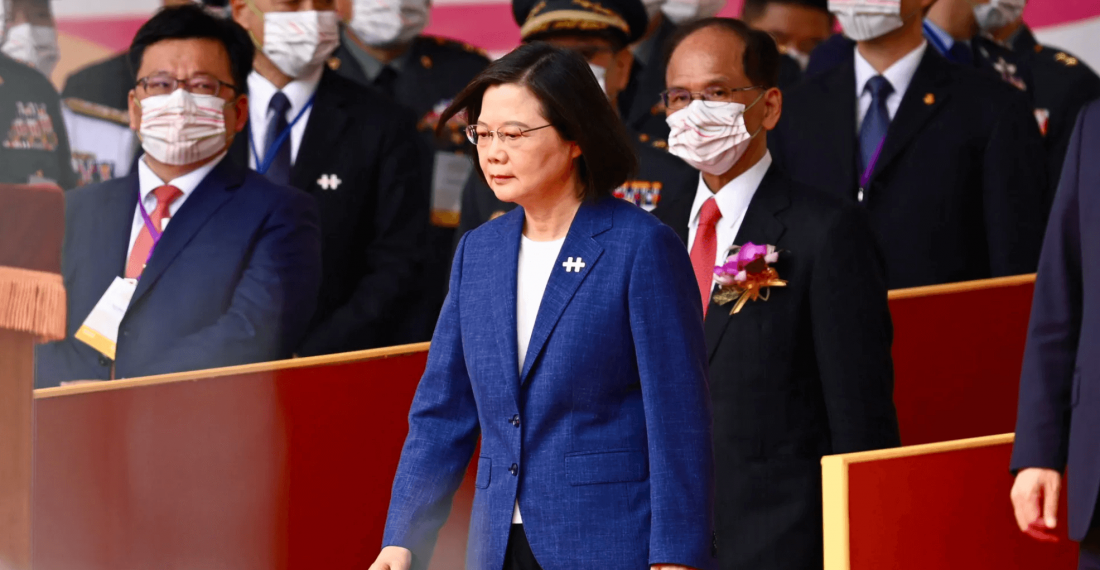The President of Taiwan, Tsai Ing-wen, reacted on Sunday (10 October) to the statements of the President of China, Xi Jinping, who said last Saturday that he wanted to achieve “reunification” with Taiwan by “peaceful means”.
According to President Tsai, Taiwan will continue to strengthen its defences and not bow to Chinese pressure. The president said this in a speech on the occasion of the National Day celebration in Taiwan. The country celebrated the 10 October 1911 revolt against the Qing dynasty, which led to the establishment of the Republic of China.
“We hope for an easing of cross-strait relations and will not act rashly, but there should be absolutely no illusions that the Taiwanese people will bow to pressure”, the Taiwanese president said.
President Tsai said Taiwan is now publicly defending itself against Chinese aggression: “This is because the path that China has laid out offers neither a free and democratic way of life for Taiwan, nor sovereignty for our 23 million people”, said Tsai.
In recent days, tensions between Taiwan and China have been rising rapidly. Last Monday, some 150 Chinese military aircraft flew through Taiwan’s defence zone - a record number.
The authorities in Beijing reacted with anger to the statements of the Taiwanese president. China says she is “seeking confrontation and distorting the facts”.







